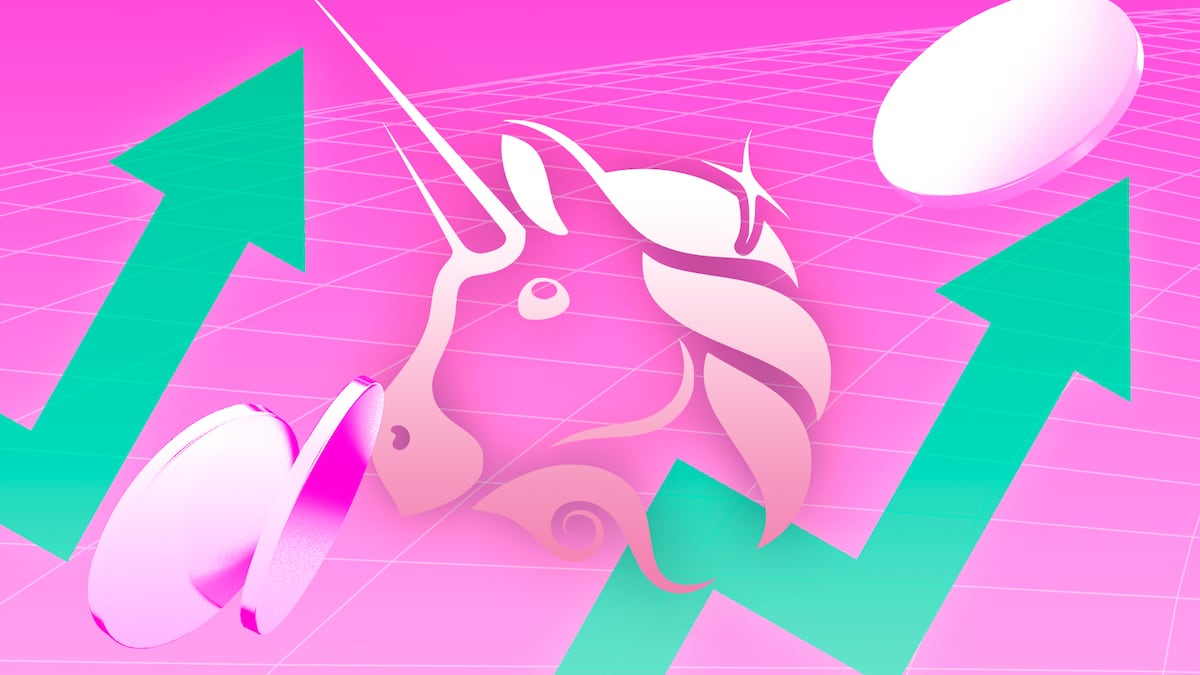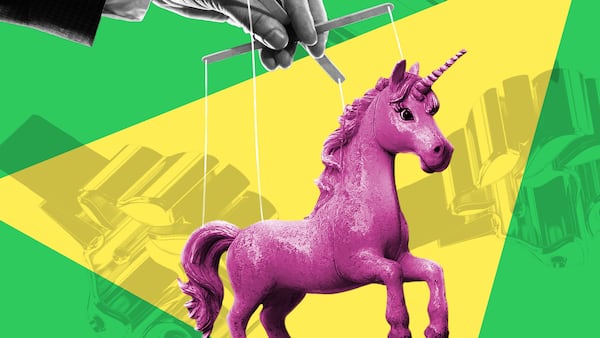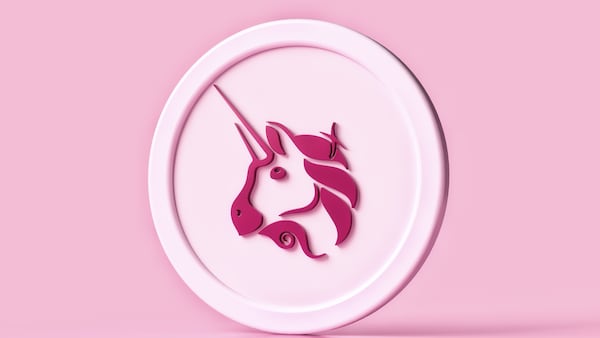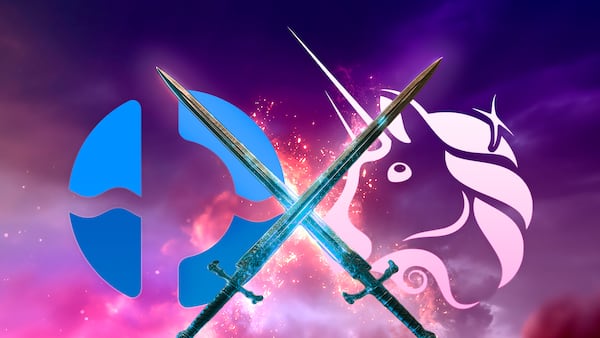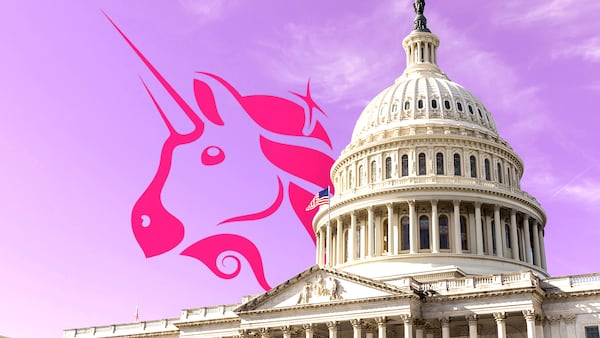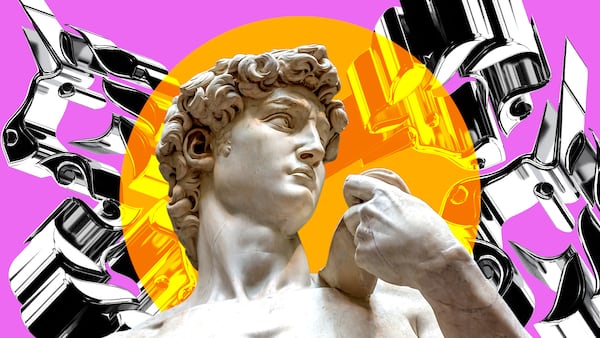- The Uniswap DAO should register in Wyoming, according to a new governance proposal.
- Registering as a “DUNA” would protect DAO members from legal or tax liability, according to the Uniswap Foundation.
Uniswap, the largest decentralised exchange on Ethereum, could soon divert a portion of its fees towards the Uniswap DAO.
An affiliated nonprofit, the Uniswap Foundation, asked the digital cooperative on Monday to register in Wyoming as a so-called DUNA — a Decentralized Unincorporated Nonprofit Association.
In March 2024, Wyoming lawmakers passed the DUNA Act, allowing DAOs to create legally-recognized entities in the state.
Incorporation would protect members of the Uniswap DAO from legal or tax liability, a prerequisite to activating Uniswap’s so-called fee switch, according to the Foundation.
“Uniswap Governance will be one of the first and certainly the largest DAO to take this step,” Devin Walsh, the Foundation’s executive director, wrote on X.
“We see it as an opportunity to create clarity and further empower Uniswap decentralized governance – opening up participation to more tokenholders, and the ability to consider meaningful proposals in the future (yes, this includes the fee switch).”
The Uniswap token, UNI, jumped almost 6% after the Foundation published its proposal on the Uniswap DAO governance forum.
DUNI
The Foundation even suggested a name for Uniswap’s DUNA: DUNI.
DUNI would “preserve Uniswap’s decentralized governance structure while enabling engagement with the offchain world (e.g., entering into contracts, retaining service providers, and fulfilling any potential regulatory and tax responsibilities),” according to the proposal.
“Importantly, establishing Uniswap Governance as a DUNA would bolster critical limited liability protections for governance participants.”
Approval would establish the Foundation as DUNI’s so-called ministerial agent capable of executing documents, submitting filings, and appointing third-party service providers such as lawyers, auditors, and tax administrators.
It would also approve Wyoming-based firm Cowrie as a DUNI administrator charged with preparing tax returns and drafting quarterly financial statements. Cowrie founder David Kerr was “instrumental” in writing Wyoming’s DUNA law, according to the Foundation.
Finally, the proposal would set aside $16.5 million in UNI for legal defence and tax compliance, and $75,000 worth of UNI for Cowrie’s services through the filing of tax returns for 2026.
The Foundation said it intends to engage the Internal Revenue Service to determine whether the cooperative owes any back taxes.
“It is expected that all tax obligations for prior years will be under $10 million,” the Foundation wrote.
An initial vote could come as early as August 18, according to the Foundation.
But the proposal could disappoint some members of the DAO who have long pushed to activate the fee switch.
In June, Abdullah Umar, a member of the Uniswap DAO’s accountability committee, said a fee switch could be bundled with a vote for DUNA incorporation.
The proposal only mentions the fee switch in passing, however.
DAO drama
The Uniswap DAO is a member-run cooperative that ostensibly manages the Uniswap protocol.
While the protocol is self-executing and largely immutable — that is, the software runs without human intervention and its core features cannot be changed — the DAO has about $4.3 billion in UNI, which it received when the token launched in 2020.
Investors who own UNI control how that pot of money is spent. They also control the fee switch, which would divert a portion of Uniswap’s revenue from liquidity providers to the DAO.
It’s a lucrative business: users have paid more than $123 million in swap fees over the past month, according to DefiLlama data.
But Uniswap governance has proven controversial.
The Uniswap DAO has debated activating that so-called fee switch for years. But early proposals failed to advance due to fear they would run afoul of US securities laws.
Last year, the Foundation put forward its own proposal to activate the fee switch. But it withdrew the proposal ahead of a scheduled vote, citing “a new issue” raised by an unnamed stakeholder.
Dan Robinson, a general partner at crypto venture capital firm Paradigm, accused the Foundation of caving to pressure from another “large VC” seeking to advance its own “pet projects.”
It appeared to be a veiled reference to VC firm a16z, which had praised DUNA as “an oasis for DAOs.”
“DAOs that fail to use a legal entity for their organisation are deprived of legal existence, are unable to pay taxes and are exposed to potential liability,” Miles Jennings, general counsel at a16z Crypto, wrote in a blog post last year.
More recently, Uniswap Labs released a Uniswap-branded blockchain without consulting the DAO, angering some of its members.
The drama was even mentioned in the House of Representatives. In June, Representative Sean Casten, a Democrat from Illinois, noted the Foundation had been criticised for wielding “disproportionate power over other stakeholders.”
“If you agree that decentralisation involves distributing voting power among your UNI token holders,” the congressman said, “doesn’t the fact that the Uniswap Foundation can unilaterally make decisions — doesn’t that weaken any claim of it being decentralised?”
Katharine Minarik, the chief legal officer at Uniswap Labs, denied the Foundation had such power within the DAO.
Aleks Gilbert is DL News’ New York-based DeFi correspondent. You can reach him at aleks@dlnews.com.


